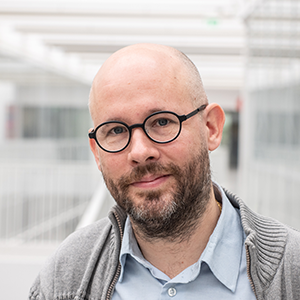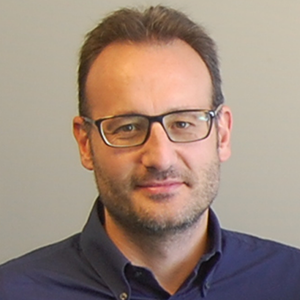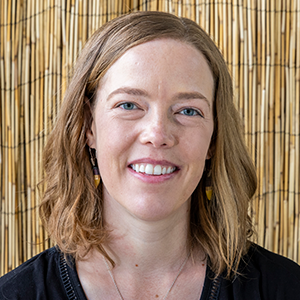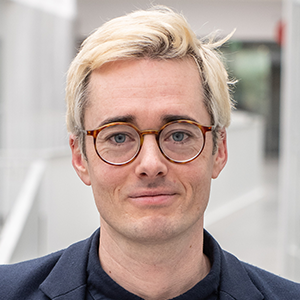Management Team
The Management Team is led by WildDrone’s Coordinator and meets every month. The team reports on general project progress to the Steering Board. The team organizes all board and review meetings, implements the decisions of the boards, and decides on matters concerning day-to-day operations. The team is composed of six members:
The Coordinator is responsible for overseeing general project progress, including quality control of the deliverables. He also ensures that the project plan and budget is followed, milestones are met, and the various teams are carrying out their assigned tasks.
The Training Coordinator is responsible for all issues related to network-level education and training of PhDs (WP4). For each workshop, an Organizing Committee is set up to plan the respective even.
The Conservation Exploitation Manager is responsible for introducing the results to the conservation community to enhance and facilitate the technology’s uptake by conservation practitioners.
The Ethics Manager is responsible for the active incorporation of ethical considerations into the project and technological design. This includes facilitating ethics workshops and considering dual-use issues (EU 428-2009).
The Industrial Exploitation Managers are responsible for guiding the results of the project towards exploitation and application in the industry.
Team Members
Get in touch
Contact us on WildDrone@sdu.dk

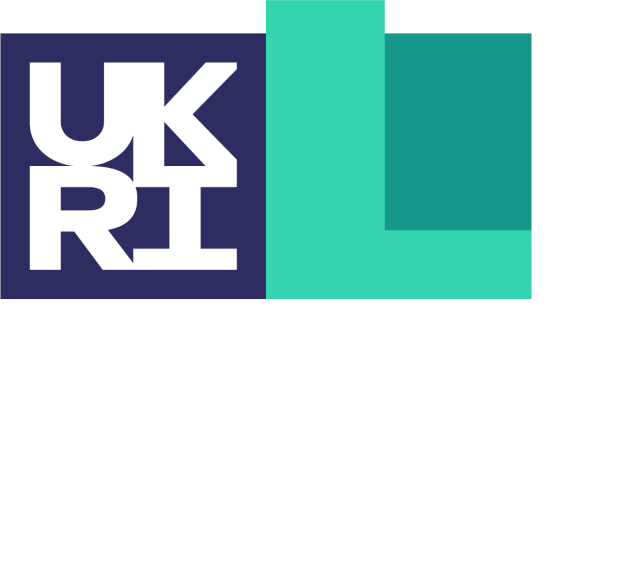
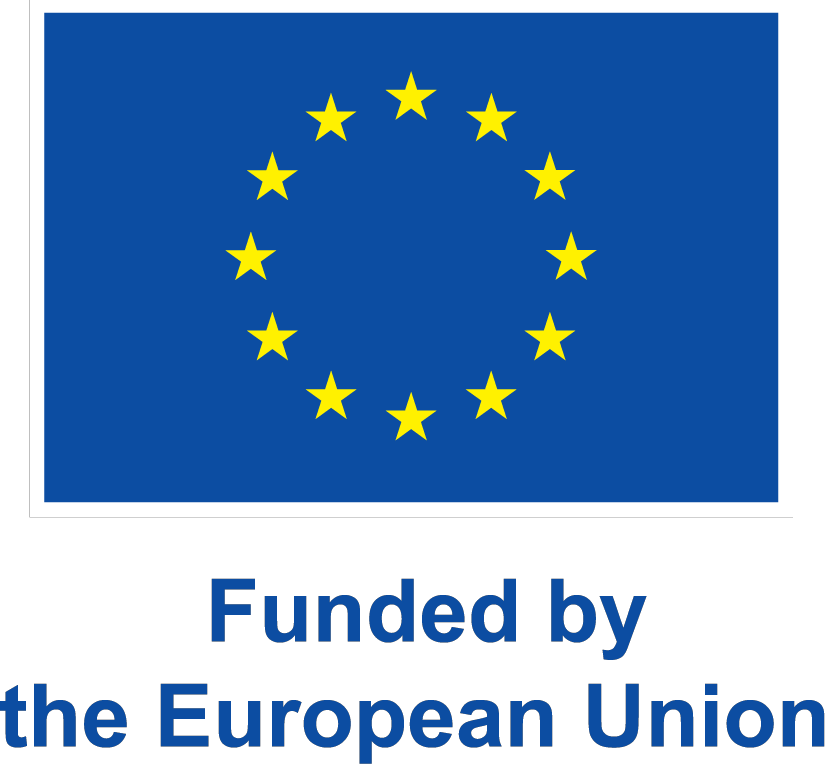
WildDrone is an MSCA Doctoral Network funded by the European Union’s Horizon Europe research and innovation funding programme under the Marie Skłodowska-Curie grant agreement no. 101071224. Views and opinions expressed are those of the author(s) only and do not necessarily reflect those of the European Union or the European Commission. Neither the EU nor the EC can be held responsible for them.
